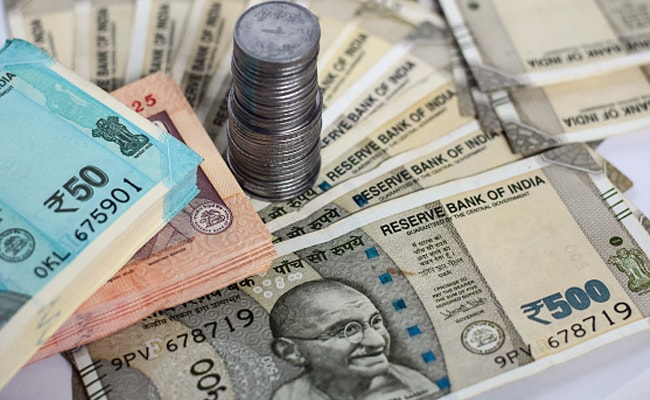Unlike high-income countries, where road safety measures often focus on car occupants, low and middle-income countries need to prioritise the safety of vulnerable road users, such as pedestrians, cyclists and riders of two and three-wheelers who are disproportionately at higher risk.
| Photo Credit: ANI
The World Health Organization (WHO) has called on countries in the southeast Asia region to accelerate measures to reduce road traffic deaths, a leading cause of mortality among people aged between 15 and 29.
“Vulnerable road users, including pedestrians, bicyclists, two- and three-wheelers constitute 66% of all reported road traffic deaths in our region,” said Saima Wazed, Regional Director, WHO South-East Asia, in her address at the 15th World Conference on Injury Prevention and Safety Promotion (Safety 2024), which began here on Monday.
The region accounted for 3,30,223 of the 1.19 million estimated global road traffic deaths in 2021, accounting for 28% of the global burden.
A release issued by the group added that with 70% of the global population projected to live in urban areas by 2030, demand for public transport will surge. It said that the region, amid rapid urbanisation, faces shared challenges including a high prevalence of motorised two- and three-wheelers, inadequate traffic injury data, poor pedestrian and cyclist infrastructure, and limited emergency services.
For road safety, it has recommended a holistic, multi-sectoral approach, requiring collaboration with local governments, urban planners, traffic policing, law enforcement among others.
Launching the ‘WHO South-East Asia Regional Status Report on Road Safety: Towards Safer and Sustainable Mobility’ at the World Conference, Ms. Wazed said, “This report outlines road traffic injury patterns in our countries and highlights best practices and country-specific interventions. It is both timely and essential for assessing our current position, and for guiding necessary actions to achieve global targets.”








